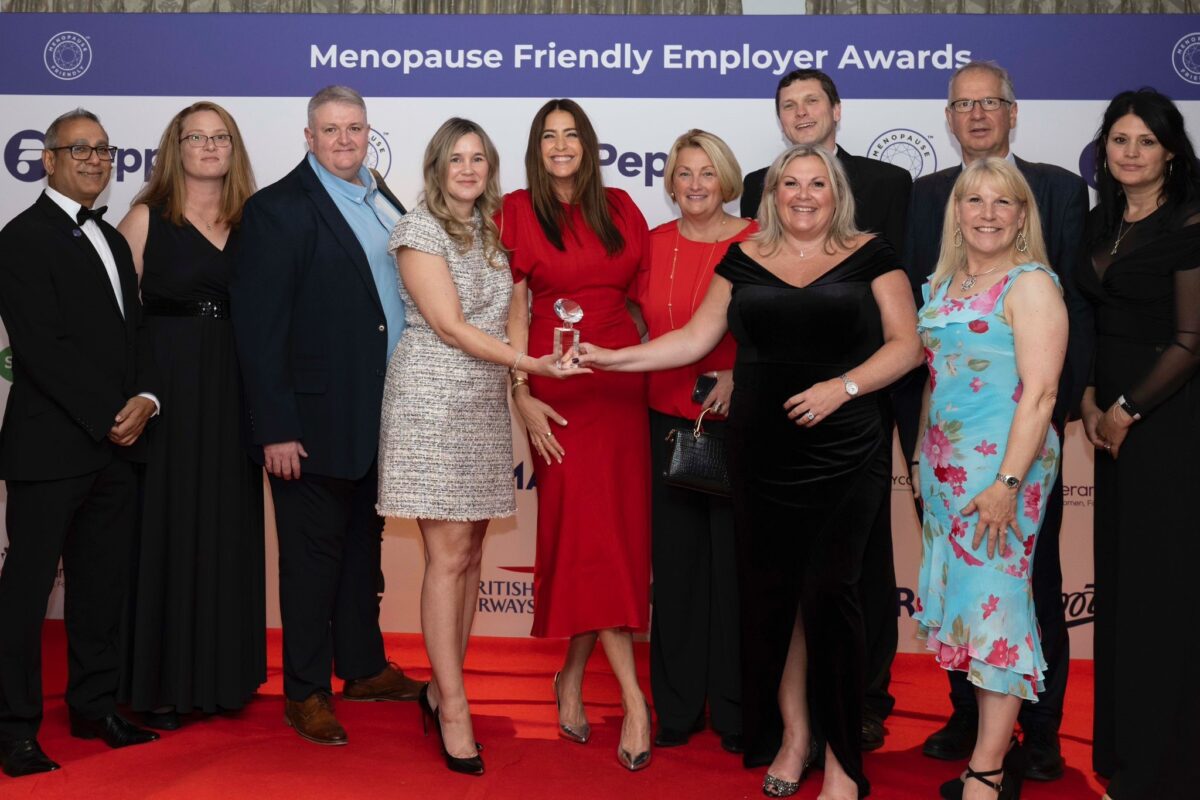Have you set your wellbeing objectives for 2023? Here’s why you can’t afford to skip this crucial business area

While the start of the year is an important time for companies to set their business objectives and expectations for the year ahead, one crucial area that should not be overlooked by any company is wellbeing.
Over the past few years, workplaces have gone through significant transformations and therefore there has been increased expectations on them to provide support and not to mention it’s employees, potential new talent, clients, and shareholders are also watching, judging, and upping the ante in terms of their expectations.
Companies should be taking the responsibility of supporting their people very seriously. It is impossible not to recognise the undeniable link between physical and mental health and workplaces should continually look to improve the access, advice and support they provide for each of their employees, ensuring appropriate wellbeing support for every stage of the individual’s life journey.
People need to feel they are not alone, that the company they spend their days working with have ‘got their back’ and are equipped to do the right thing, both when their lives throw them curve balls and as they live their day to day. Those who fail to support wellbeing in the workplace, run the risk of their main business areas falling behind.
A focus on wellbeing is the new norm
The vast amount of change and uncertainty in our world over the last few years has been enormous. So much so that the Collins Dictionary has crowned ‘Permacrisis’ as the word of the year for 2022. Permacrisis describes a feeling of living through a period of war, inflation, and political instability.
In response to the upheaval of the last few years, organisations have had to quickly evolve their thinking and service provision around employee wellbeing in order to retain and attract talent. This has included providing education and support for team managers who are now leading remote teams and to individuals whose requirements for successful hybrid working can differ greatly. What works for one person may not work for another, and getting this right requires conscious effort from both the team manager and the individual.
There has been an increase in employee-led employee networks focused on wellbeing and these are often critical additions to the more formal provision provided in workplaces, such as employee assistance programmes, mental health champions, private healthcare and physical fitness provisions. The popularity and growth of these networks emphasise the need for people to feel they belong, are making valuable contributions beyond the scope of their daily job and can reach for support.
What do you already have in motion?
One area that is top of mind for many individuals who are entering or looking to make a new professional move in 2023 is whether the company they’re applying for has a strong, broad, and progressive approach to wellbeing and has a range of services to support them in their day-to-day life and in hard times.
Therefore, all reputable companies should be able to guide new talent through what is available to support their employees, knowing this can have a major impact on decision making.
Many companies offer employee networks or communities for their employees to join – a great place for education and support but also research has shown membership of such communities create a feeling of belonging beneficial to mental health.
Other easy options to implement include offering access to external apps so use in or outside of working hours such as Capgemini’s Thrive App to help build a growth mind-set, prevent, and manage stress anxiety and other mental health conditions with the use of relaxation techniques, goal setting systems, access to a thought trainer and more.
How you can easily get started
The first simple step is to engage with your employees and understand your demographic. You can’t support what you don’t know. Make sure your policies are inclusive and the language you use is clear, so that each employee understands what you’re offering, and don’t be afraid to start a network. The size of it doesn’t matter; the key thing is having enthusiastic people who want to engage and educate, as well as build relationships. Employees also want to know that they have a support network they can contact when they feel overwhelmed or need advice.
Most importantly, it all starts with you, the employer. It’s crucial you be kind to yourself as well as others with simple steps such as stopping to breathe. It sounds silly, but anxiety can be all encompassing and simply focusing on breathing for one minute every hour helps to regulate our bodies and focus our minds. Don’t forget to smile and say “hello”, you could be the first person the recipient has spoken to all day and you will be rewarded with endorphins when they smile and return your greeting.
Always be conscious of your surroundings and how others might be feeling. A quick chat can open all kinds of connections and similarities and can make both you and the recipient feel good. This type of behaviour is contagious and the more each of us do this, the more inclusive our workplaces will become.
And lastly try to make time in your day for work, exercise, socialising and relaxing. Easy to say and hard to do but human beings need all four elements to keep physically and mentally well.
Conclusion
As humans, we sure know that not every day is easy. So why do we often forget that many are faced with similar daily and ongoing challenges that may prevent them from giving their full potential in the workplace?
Stepping into 2023, It has become a common place to hear colleagues talking about a broad range of subjects related to wellbeing, both physical and mental, and therefore it should be at the top of the agenda for every company to support their employees in both aspects.
Afterall, a company is like a well-oiled machine. Wellbeing is a key element of keeping the system running and without paying attention to this vital part of the system, the business will fail to run successfully.
By Andy Goff, Diversity & Inclusion Manager, Capgemini











Responses